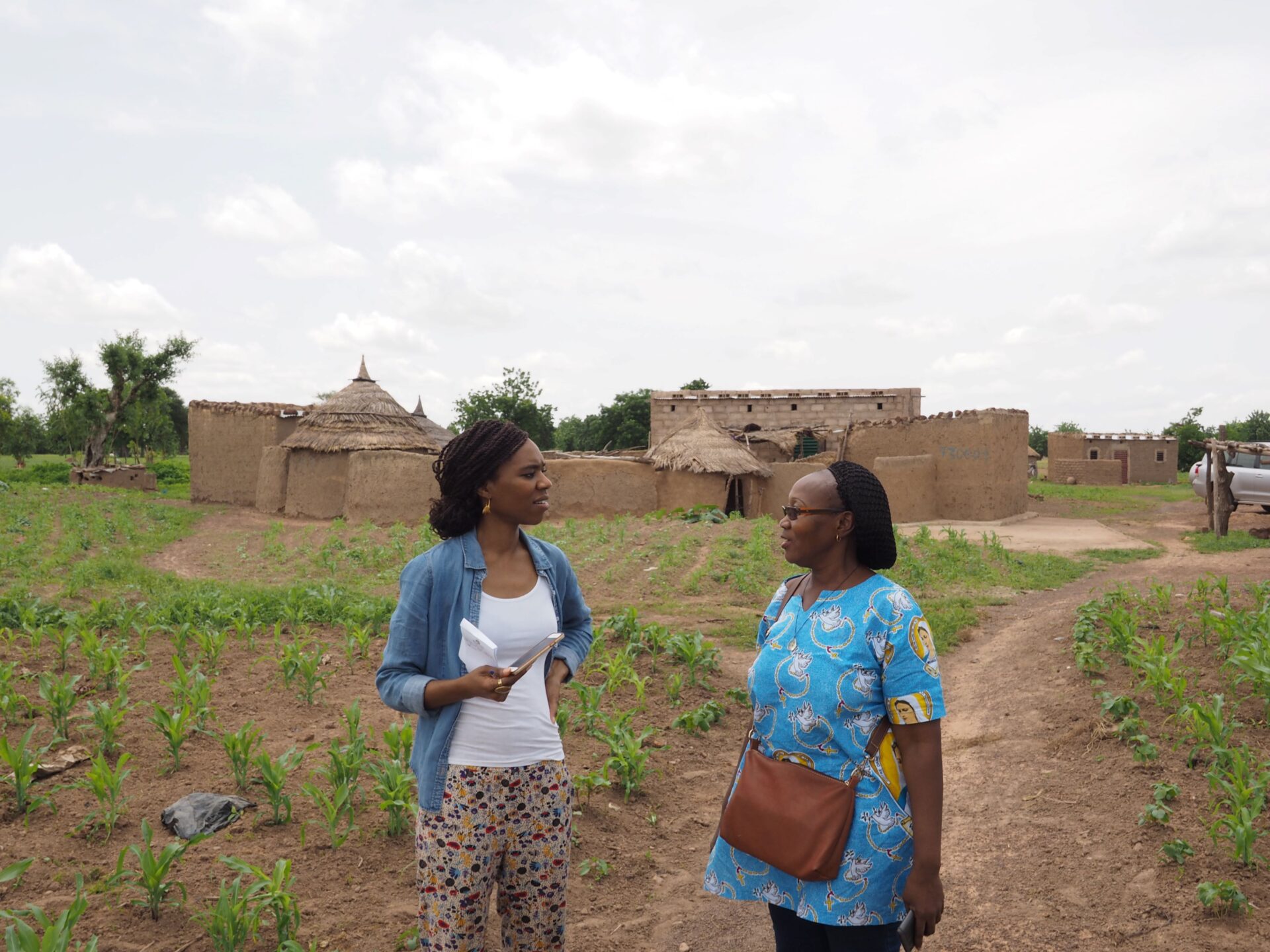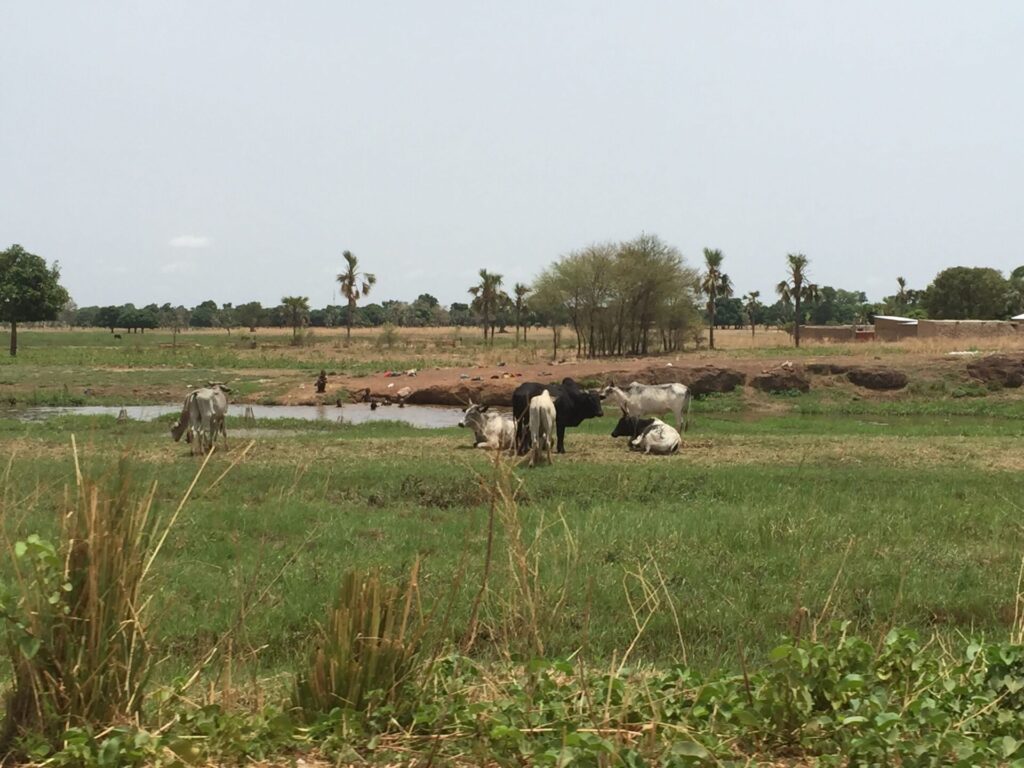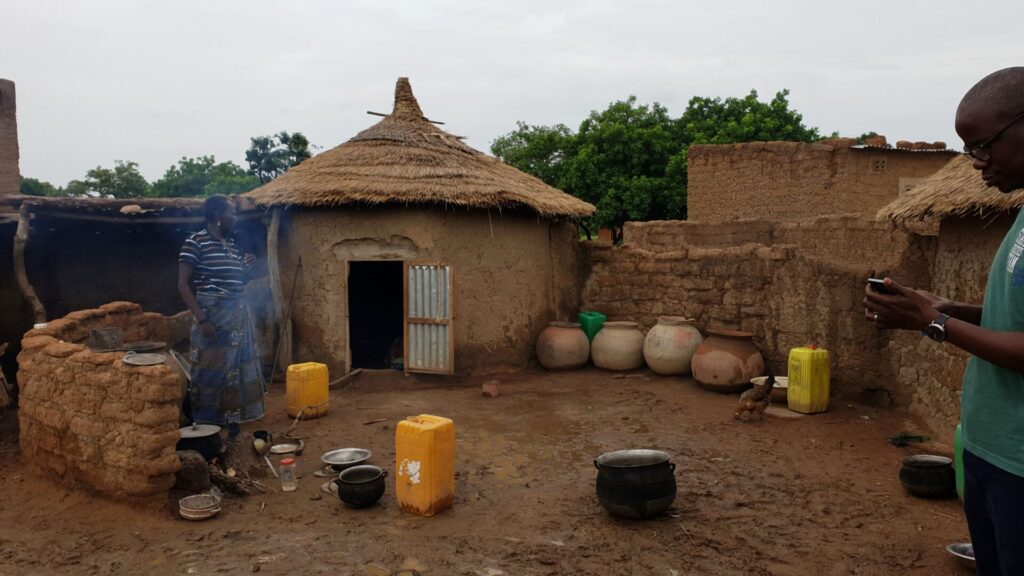
NYU Abu Dhabi Researchers Identify Key Immune Differences That Make One West African Ethnic Group Less Susceptible to Malaria
Abu Dhabi, February 20, 2025: A team of researchers at NYU Abu Dhabi has uncovered how genetic and lifestyle factors influence immune responses to malaria in children from two large West African ethnic groups. The study found that children from the Fulani group have a distinct immune response to malaria than their Mossi counterparts, with key differences in immune cell activity offering greater protection.
Malaria susceptibility varies among African ethnic groups, but the reasons behind these differences have remained unclear. Africa has the world’s greatest genetic and environmental diversity, which affect disease susceptibility, yet its populations are underrepresented in genomic research. The Fulani, a nomadic group with a culture of herding and a dietary reliance on livestock-sourced foods, such as milk, have long been observed to have better protection against malaria compared to other groups.

In their study, Single-cell Transcriptomics Reveals Inter-ethnic Variation in Immune Response to Falciparum Malaria, published in the American Journal of Human Genetics, NYUAD researchers and collaborators in Burkina Faso analyzed immune cells from 126 children—comparing the less malaria susceptible Fulani group with the more-susceptible Mossi group. Their findings showed that Fulani children’s monocyte cells, critical for the initial immune response, were less inflammatory than those of Mossi children, thereby protecting the host from disease pathogenesis. On the other hand, their B cells, which produce antibodies to fight disease, were more active and pro-inflammatory. The study highlights how differences in immune function, largely influenced by diet and genetics, play a role in modulating disease susceptibility.

“Our research—built on two years of intensive fieldwork studying Fulani and Mossi children—highlights the power of leveraging genetic and lifestyle diversity in Africa to uncover novel biological insights, underscoring the importance of empowering underserved populations in genomic studies,” said lead researcher Tala Shahin, Ph.D., a postdoctoral associate in NYU Abu Dhabi’s Idaghdour Lab, specializing in immuno-genomics.
Shahin’s co-authors include NYUAD undergraduates Jakub Jurkovic, Bana Alamad, and Odmaa Bayaraa.
About NYU Abu Dhabi www.nyuad.nyu.edu
NYU Abu Dhabi is the first comprehensive liberal arts and research campus in the Middle East to be operated abroad by a major American research university. Times Higher Education ranks NYU among the top 30 universities in the world, making NYU Abu Dhabi the highest-ranked university in the UAE and MENA region. NYU Abu Dhabi has integrated a highly selective undergraduate curriculum across the disciplines with a world center for advanced research and scholarship. The university enables its students in the sciences, engineering, social sciences, humanities, and arts to succeed in an increasingly interdependent world and advance cooperation and progress on humanity’s shared challenges. NYU Abu Dhabi’s high-achieving students have come from over 120 countries and speak over 100 languages. Together, NYU’s campuses in New York, Abu Dhabi, and Shanghai form the backbone of a unique global university, giving faculty and students opportunities to experience varied learning environments and immersion in other cultures at one or more of the numerous study-abroad sites NYU maintains on six continents.
PRESS RELEASE

Prachi, an accomplished Chief-Editor at The Sustainable Brands Journal, has 15+ years of experience in Europe, the Middle East, and India, managing 90+ global sustainable brands. She’s a prolific writer in sustainability, contributing to various publications. Prachi’s unwavering passion and expertise make her a recognized authority, driving positive change and inspiring a sustainable future.





